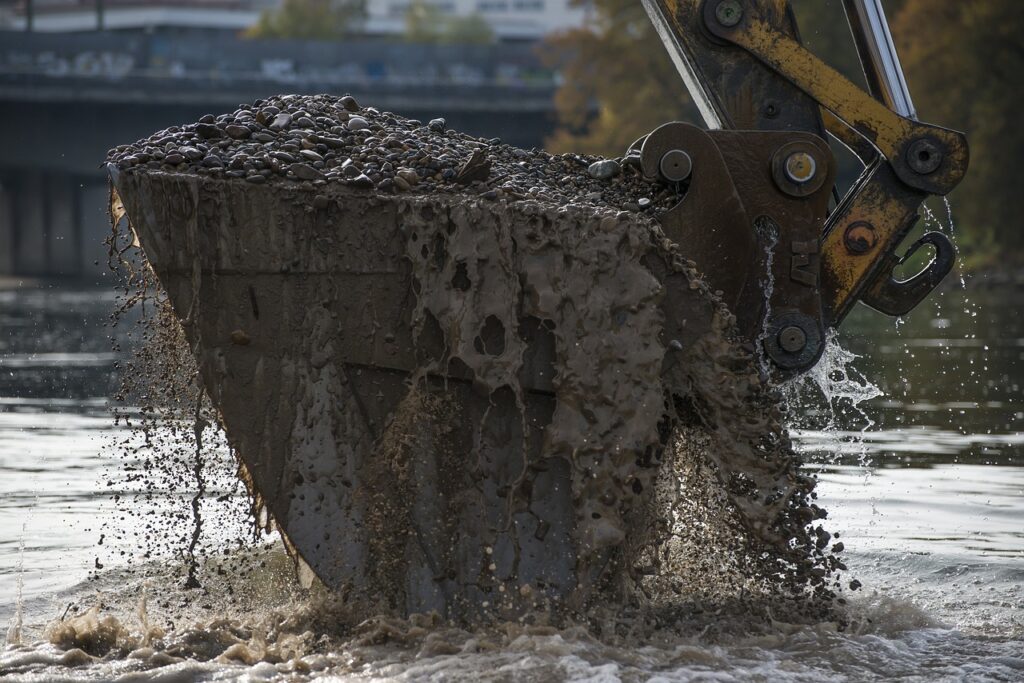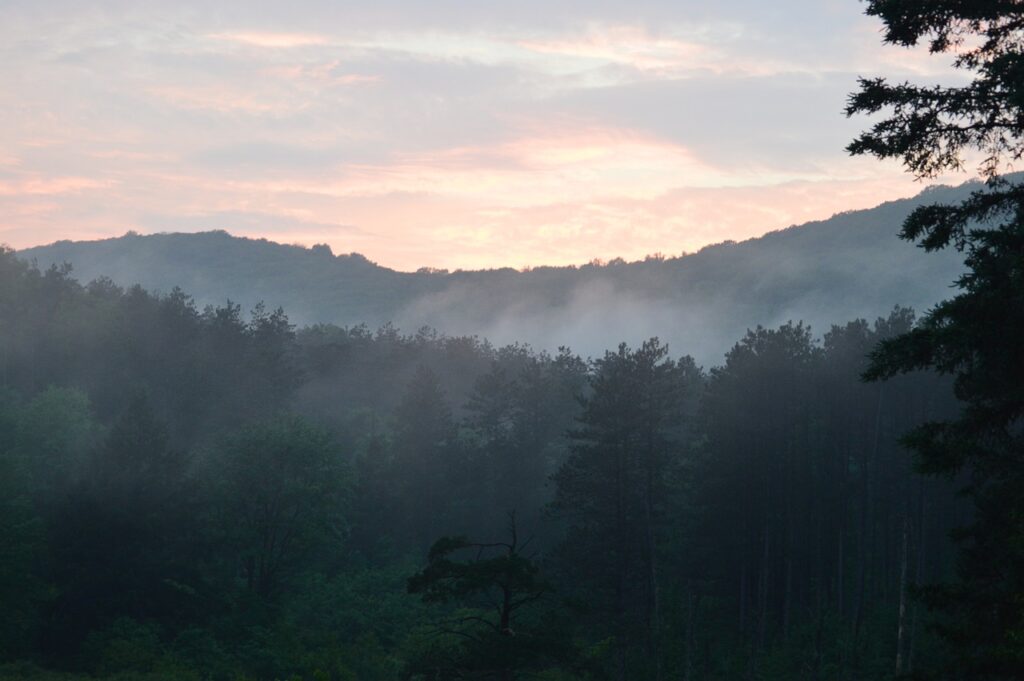- The US Army Corps of Engineers is planning a massive dredging project in the San Juan Bay (Puerto Rico), which will remove around 10 million cubic yards of sediment from the river bottom.
- The dredging project has faced objections from environmentalists and public health advocates, who argue that the dredging will harm fish and wildlife in the river, increase air and water pollution, and threaten the health of nearby environmental justice communities.
- The objections are supported by scientific studies and reports, which highlight the environmental and health risks of dredging, including increased levels of toxic chemicals and heavy metals in the sediment.
- Despite the objections, the US Army Corps of Engineers has scheduled the dredging project to begin in late 2023, citing the need to maintain navigational channels in the river for commercial shipping.
- Environmental groups and community advocates are continuing to protest the dredging project and call for alternative solutions that prioritize the health of the river ecosystem and nearby EJ communities.
By Center for Biological Diversity | January 30, 2023
The U.S. Army Corps of Engineers and Puerto Rico Ports Authority announced an agreement today to proceed with dredging in San Juan Bay, Puerto Rico. The project will deepen and widen shipping channels to allow massive liquefied natural gas and long-range oil tankers to import foreign fossil fuels. A lawsuit pending in federal district court challenges the Army Corps’ dredging project.
“The Corps failed to consider the harmful impacts of the huge dredging project on already overburdened communities on the southwestern part of San Juan Bay,” said Federico Cintrón Moscoso, director of the organization El Puente-Enlace Latino de Acción Climática. “The project is a terrible waste of federal funds that could go instead to investing in distributed renewable energy like rooftop solar and storage, as recommended in multiple studies like DOE’s PR100 Year One Update Report released earlier this month.”…
The pending lawsuit challenges the Army Corps’ failure to consider the impacts of the project on environmental justice communities near the petroleum terminals. These communities will suffer a disproportionate burden from air pollution.
Read more from Center for Biological Diversity.



